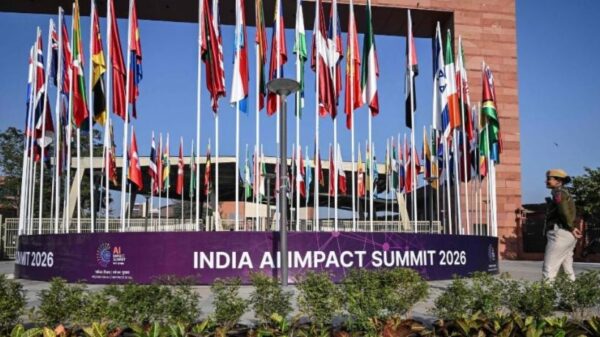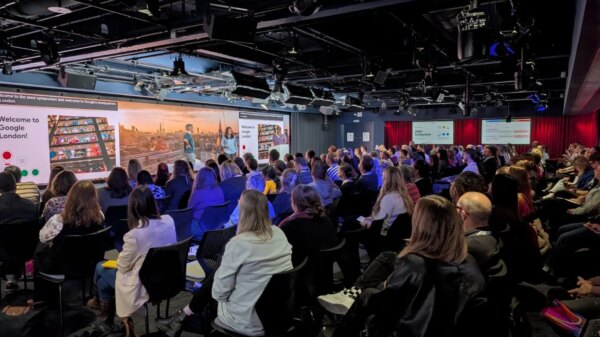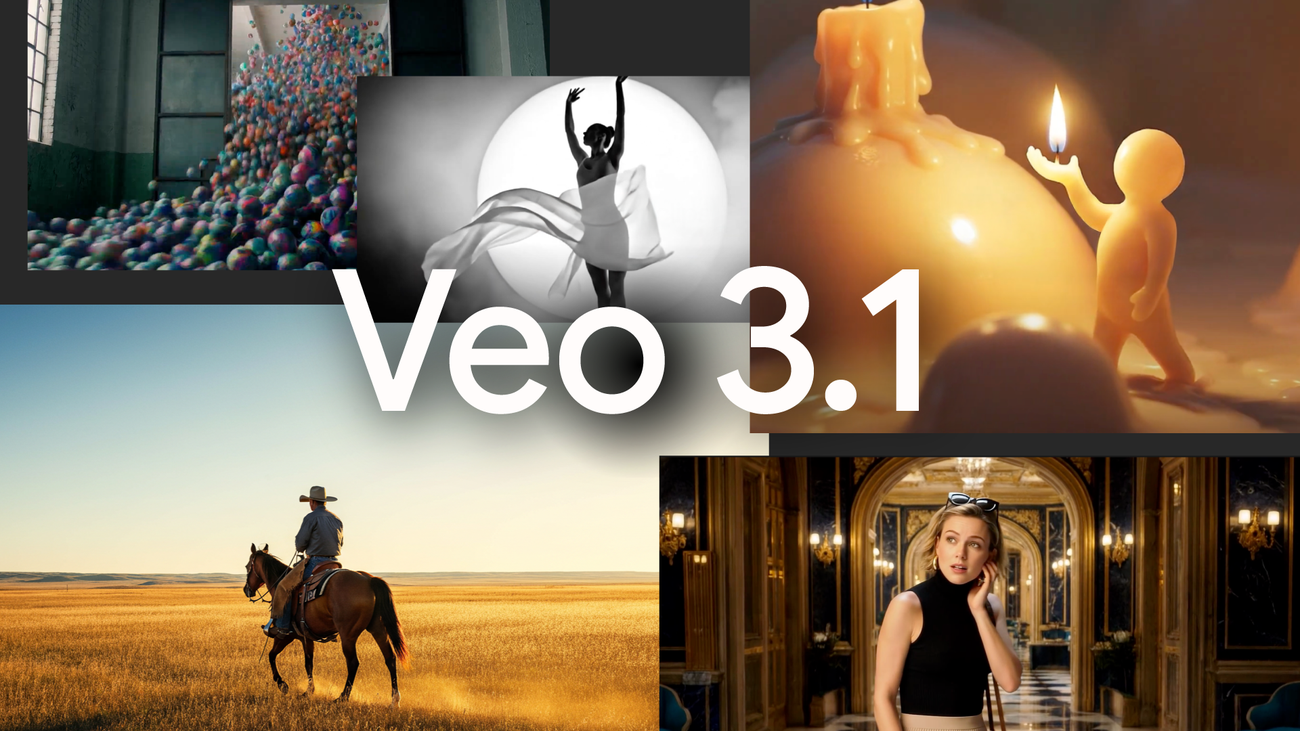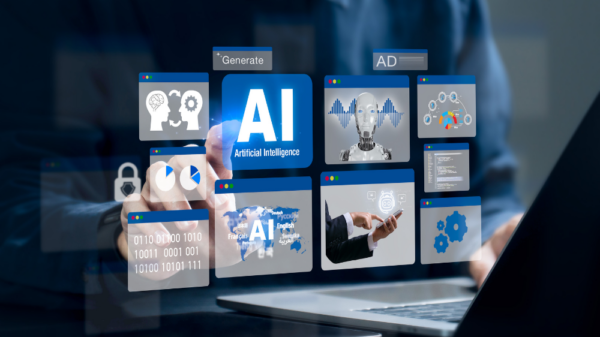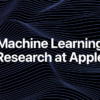In a significant update aimed at enhancing user creativity in AI-generated video content, Google has rolled out version 3.1 of its Veo video model within the Gemini app. This new feature allows users to upload multiple reference images simultaneously, providing greater control over the final output of their videos.
The latest capabilities introduced with Veo 3.1 aim to tackle one of the key challenges faced by creative users: the need for precise input when generating videos. As highlighted in Google’s announcement via its official X account for the Gemini app, users can now employ multiple images—one for character design, another for background settings, and a third for the overall visual style—alongside their text prompts. This multifaceted approach enables more nuanced and tailored outputs in AI-generated media.
Expanding Accessibility of AI Video Features
This innovative feature is not entirely novel; it was previously part of Google’s AI filmmaking tool Flow, introduced last month. The difference now is that this functionality is integrated directly into the Gemini app, making it accessible to a broader audience beyond just developers utilizing specialized tools like Vertex AI.
With the rollout having already begun, users of the Gemini app on both mobile and desktop platforms can explore these new creative possibilities. The introduction of multiple image uploads is anticipated to enhance the quality of AI-generated videos significantly, allowing for more intricate storytelling and visual aesthetics.
The evolving landscape of AI video generation is indicative of a broader trend where platforms are striving to democratize access to advanced creative tools. As competitors like OpenAI prepare to launch similar functionalities—despite challenges in regions such as Europe with the pending release of Sora 2—Google’s strategic enhancements position it advantageously in the race for user engagement and satisfaction in AI-assisted creative endeavors.
As we look ahead, the implications of these advancements are profound, not just in terms of user creativity but also in the educational and professional sectors where video content creation is becoming increasingly vital. The ability to easily create high-quality videos with tailored elements may fundamentally change the way content is produced across various industries, from marketing to education.
In summary, with the launch of Veo 3.1 and its integration into the Gemini app, Google is not just refining its AI capabilities but is also making strides toward making advanced video generation accessible to a wider array of users. As the technology continues to evolve, it will be interesting to see how these developments shape the future of video content creation.
See also IE Business School Achieves 2025 MBA Best In Class Award for AI Education and Leadership
IE Business School Achieves 2025 MBA Best In Class Award for AI Education and Leadership Microsoft’s Stock Still Undervalued by 16.2% After 22% Rally and AI Partnerships
Microsoft’s Stock Still Undervalued by 16.2% After 22% Rally and AI Partnerships Elon Musk Unveils AI Integration for X, Promising Personalized Ads and Content Recommendations
Elon Musk Unveils AI Integration for X, Promising Personalized Ads and Content Recommendations Data Centers Could Triple Electricity Demand, Raising Concerns Over Utility Forecasts
Data Centers Could Triple Electricity Demand, Raising Concerns Over Utility Forecasts Perplexity Declared ‘Most Likely to Flop’ at San Francisco AI Conference Amid Funding Surge
Perplexity Declared ‘Most Likely to Flop’ at San Francisco AI Conference Amid Funding Surge



